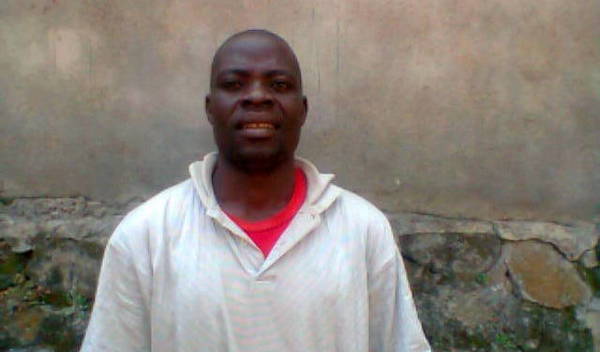Matabwa is a 30-year-old father of four from a village in Malawi’s Central Region. He supports his family through farming a variety of crops. He also assists his wife with cooking, cleaning, and collecting water. In his free time, Matabwa likes playing soccer with his friends and neighbors.
Two years ago, Matabwa started experiencing pain from an inguinal hernia– a condition in which intestinal tissue protrudes through a weakness in the lower abdominal wall. The pain has started to interfere with his ability to work and conduct household tasks, and he has been unable to receive medical treatment until now.
Matabwa’s condition is entirely treatable with a $613 surgery to return the herniated tissue to his abdominal cavity. After the surgery and a three-day hospital stay, Matabwa is expected to make a full recovery. He and his family are very excited for him to return to his normal life.
“I feel very happy to have the operation,” says Matabwa.

